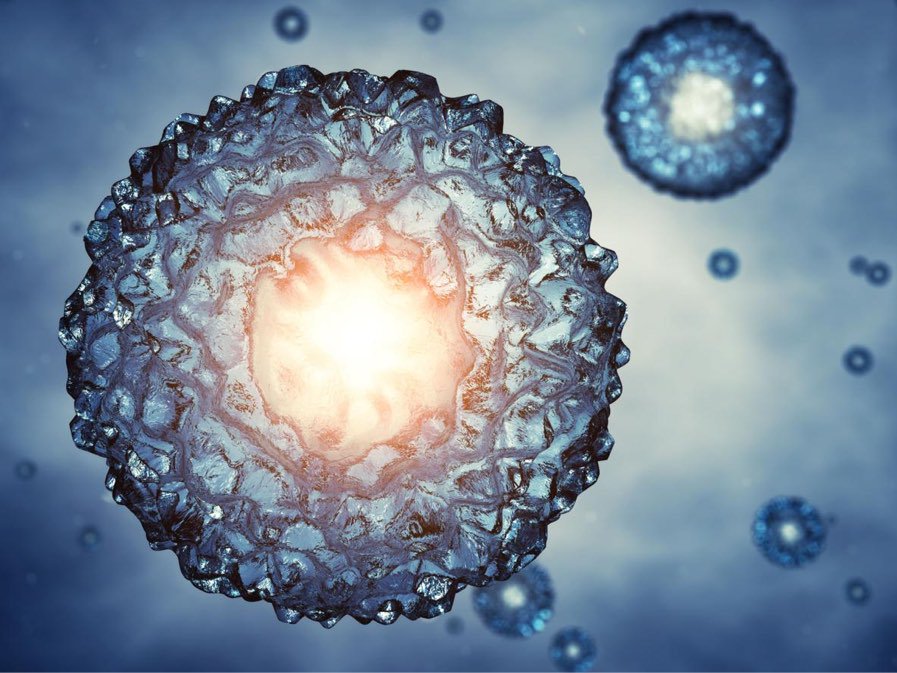Cancer is a devastating disease and statistics now suggest that nearly one in every two people worldwide will develop cancer at some point in their lives. Although there are various treatments available that are improving all the time, there is still no cure for cancer. Research in developing effective cancer treatments has been going on for decades, and now researchers are turning to the help of AI in hopes of finding a cure for the disease.
But one thing that is needed for searching for a cure for cancer, even when using AI, is data. The problem with this is that a lot of data including mammograms, genetic tests, and medical records are still under lock and key and not available to those who can make use of it. However, on the flip side, there are now a number of large scale initiatives in place that are willing to share data and make it easy to do so. Some of these projects include the 100,000 Genomes Project in the U.K., the U.S. Department of Veteran Affairs’ Million Veteran Program, and the NIH’s The Cancer Genome Atlas. With all of this data to hand, researchers estimate that by 2025, as many as 2 billion human genomes could be sequenced.
Over the past ten years, the cost of sequencing just one person’s genome has dropped dramatically from $10 million to less than $1,000. So now, it’s just a case of adding to the data to increase the volume and ethnic diversity of it. But, this still poses a challenge in itself as individual data sets are normally only shared between individual institutions, opposed to the more widely shared genomic data sets. More standardization and shared access are required to make the best use of this data.
Moving forward, these new technologies will not only help to identify risks and provide efficient screening, but they will also help in the development of new cancer treatments and therapies. To make data more available for cancer research purposes, three things need to happen. These are: there should be no barriers to patients wanting to contribute their data (including genetic testing, medical records, and radiology images), further funding is required for using AI in the search to find a cure for cancer, and new data sets need to be generated with a focus on all ethnicities.
More News To Read
- Cancer Can Now Be Detected With Thanks To A Simple Breath Test
- Major Questions We Still Have About the Universe Today
- Tesla Attempts to Go “All American” With the Model 3
- Thanks to Ford More Fabulous Electric Vehicles Will Soon Be Hitting The Road
- A Brand New Organ Has Just Been Discovered Within the Human Body











